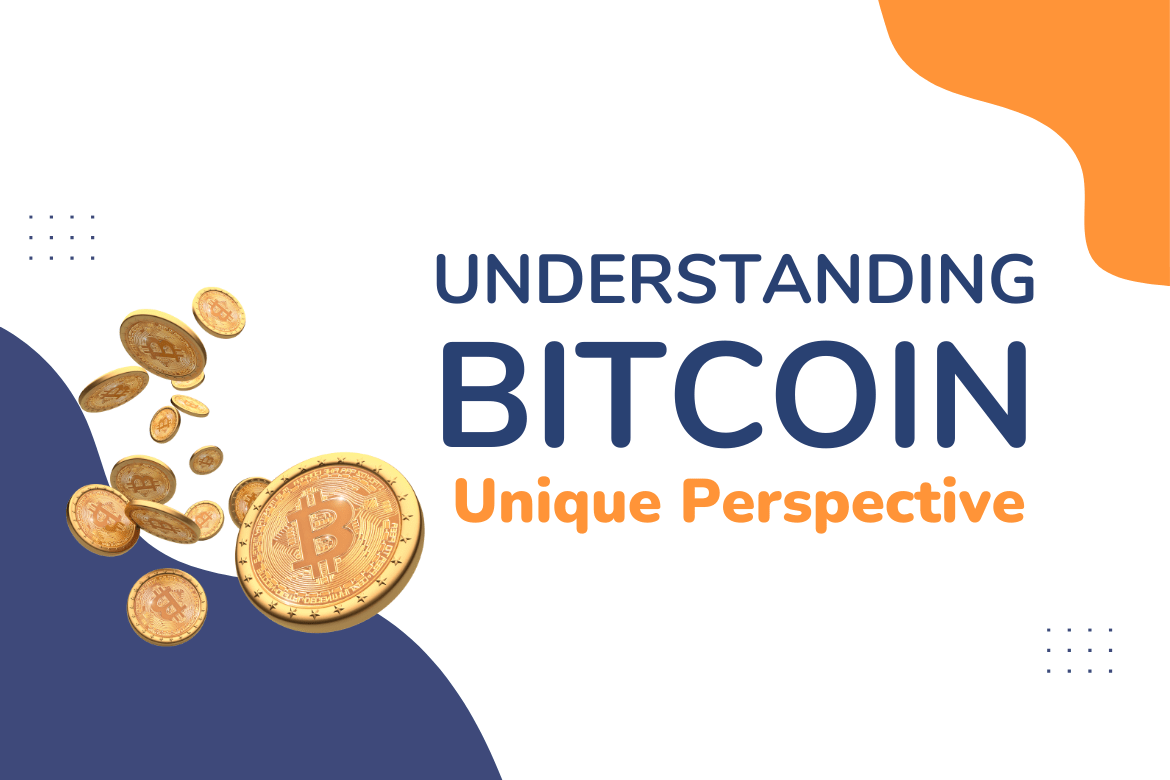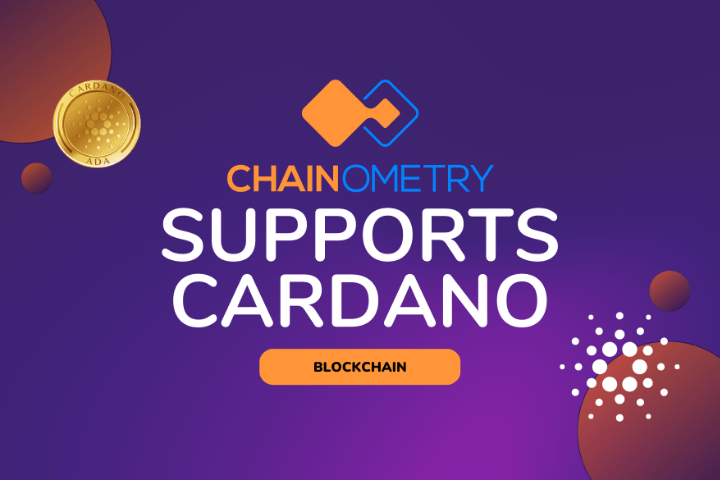Chainometry proudly supports the Cardano blockchain

Crypto 101
The Illusion of Control
Why am I talking about control? So what would have happened if my friend had bitcoin instead of a bank account? Who is the central authority that has the power to close her bitcoin account if she doesn't jump through impossible hoops? In the bitcoin world there is no central authority. No one can close her account. The 'authority' is the blockchain and no one owns it.
The bitcoin blockchain is public, accessible to everyone and transactions can never be altered. It is copied on computers and synchronised over the internet accomplished by miners and there needs to be enough of them so that the chain cannot be corrupted. The bitcoin blockchain has never been corrupted.

Where is your bitcoin stored?
This is a simple question with a simple answer. But it's not straight forward because it conflicts with what we already know about money. We know that if your money is in your pocket then you can spend it from there and it is safe guarded by you. If I bought a bitcoin hardware wallet like Ledger or Trezor (looks like a USB stick) you might be inclined to think that your bitcoin is stored on your hardware wallet. Another way you transfer bitcoin is with a software wallet on your computer. Is your bitcoin stored by the software or the hardware wallet?
The answer is no to both. Your bitcoin is 'stored' on the blockchain. Your software or hardware wallet only gives you the ability to spend your bitcoin. Think of it like a key to unlock your home. Your bitcoin can never be lost but you can lose your ability to spend it if you lose your key (in that case it no longer is yours because you can't spend it). Think of it like losing the combination to your safe. Your safe is there (safe and sound) but you can never get it open. The difference between bitcoin and a safe is that there is usually a brute force way to open a safe but no such means are possible on the blockchain.
Bitcoin shows us an alternative but..
Have you ever heard the saying that your greatest strength is also your greatest weakness?
Not all is perfect in the crypto world and there are still many challenges to iron out. There's lots of jargon out there and you will come across terms like 'proof of work' and 'proof of stake'. You can hear terms like these just roll off the tongues of crypto experts and they are often met with blank faces. What the hell does this all mean?
A dummies guide for understanding the proof-of-work blockchain
The bitcoin blockchain relies on a paradigm called proof of work. It is a way to secure the blockchain from hacking by making it difficult for miners to add a block to the chain. A block contains many transactions (around 500) each with associated fees and adding a block to the chain is the way miners get rewarded (in bitcoin). If it were easy, a hacker could single handedly create many blocks with bogus transactions (buying many Ferraris with the same source funds) if they had a fast enough computer and enough control of the blockchain.
But how does this work in practice? Say we get a group of 100 of your friends and their task is to flip coins. Chances are that 50 of them will flip heads and the other 50 will flip tales. But what are the chances of the first 40 of your friends flipping heads? Pretty slim. But that's what needs to happen on a proof of work blockchain, we need to keep flipping coins until the first 40 flip heads. That's gonna take some trillion tries and needs a hell of a lot of computing power.
Back to bitcoin, each miner is essentially trying to solve the same 40-heads-in-a-row puzzle so there are many computers expending resources to solve the same problem but only one of them will win (the first to solve the puzzle). The winner takes all the rewards for solving the puzzle and everyone tries again on another puzzle.
But all we need then is faster computers right? Wrong, adding faster computers to the pool of miners will result in a harder puzzle (41 heads now have to be thrown in a row). The system self calibrates such that it always takes around 10 minutes to solve the puzzle. Faster computers will only mean more expensive upgrades and probably more power.
The system has a major flaw. The power used doesn't run your car or cook your food, it's burned up solving a puzzle that will always take around 10 minutes no matter what you throw at it (that number may change but you get the point, it has to make it a hard puzzle to solve). Bitcoin uses as much power as a small country like New Zealand. It's the price we pay for getting a secure, decentralised network that is more in our control than any other financial framework. If there wasn't an alternative I would argue that this is worth the price; but there is an alternative...
Proof of Stake Blockchains
A new way to secure the blockchain has developed based on early work at the turn of the century. This type of blockchain now called proof of stake solves the problem of both securing the network and a low cost hardware infrastructure. No more high powered computers racing to solve a made up problem.
Instead of using high powered computers to solve an arbitrary problem the network is secured by anyone willing to run software on low powered hardware. These users instead put their hard earned cash to work and must invest a certain amount of money using the native token of the chain before they can be an active member on the network.
Because they have put their hard earned cash to work, and their success as a node operator relies on the success of the network, they become gatekeepers of the network. Their motivation to crash or hack the network is greatly diminished as this would be counter productive to returning a profit on their investment. With sufficient number of node operators and majority guarding the network, it becomes increasingly difficult to subvert the security of the blockchain and the end result being a zero proof, secure blockchain that runs on minimal power.
An early pioneer of the proof of stake model is the Cardano blockchain and it's so groundbreaking we decided to support then network by being a node operator.

